The views expressed in our content reflect individual perspectives and do not represent the authoritative views of the Baha'i Faith.
If I asked you to name five famous Black people, living or deceased, who would you come up with? I asked this same question in an interactive presentation I gave four years ago for Black History Month, and the responses were what I expected.
Most people mentioned performers like Ray Charles, athletes like Michael Jordan, and activists like Dr. Martin Luther King Jr. This is because the media tends to spotlight African Americans when they are in an entertainment role, and our education system has a pattern of teaching us about the same handful of Black champions for social justice.
Of course, Black contributions to arts and culture and social justice are wonderful. But when the only positive images shown of Black people are of us performing for a crowd or working to bring about equality, it’s easy to think that that’s all we’ve done and mistakenly believe that we haven’t contributed anything else worthwhile to civilization. But the reality is that people of African descent have contributed so much to life as we know it and created many of our modern conveniences — and those stories need to be told too.
RELATED: Dr. Ronald McNair: A Famous Black Astronaut, Physicist, and Baha’i
There is also a spiritual basis for learning this history. In the holy writings of the Baha’i Faith, Black people are compared to “the pupil of the eye which is dark in colour, yet it is the fount of light and the revealer of the contingent world.”
Of this comparison, Abdu’l-Baha, one of the central figures of the Baha’i Faith, wrote in 1902:
…Verily, the faces of these are as the pupil of the eye. Although the pupil is created black, yet it is the source of light. I hope God will make these black ones the glory of the white ones, and as a depository of the lights of the Love of God.
With that in mind, here are nine of the numerous African American inventors who changed the world:
1. Garrett Morgan: The Inventor of the Three-Light Traffic Light
Abdu’l-Baha once wrote:
See how, in this day, the scope of sciences and arts hath widened out, and what wondrous technical advances have been made, and to what a high degree the mind’s powers have increased, and what stupendous inventions have appeared.
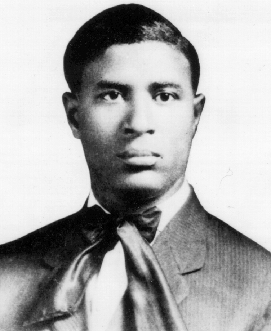
That quote comes to mind when I think of Garrett Morgan. He only had an elementary school education, and yet, he created several inventions, such as the gas mask and the improved sewing machine.
After these inventions became very successful, Morgan was able to save enough money to purchase a car and was the first Black person in Cleveland to own an automobile. While driving, Morgan witnessed a severe car accident at an intersection and invented the “yield” component of the traffic light in 1923 to warn drivers when they should start slowing down to a stop. His life-saving invention could definitely be described as “stupendous.”
2. Benjamin Banneker: The Inventor of the Clock
We might not be able to tell time if Benjamin Banneker hadn’t invented the clock. When Banneker was 22 in 1753, he had only seen “two timepieces in his lifetime — a sundial and a pocket watch,” according to PBS.
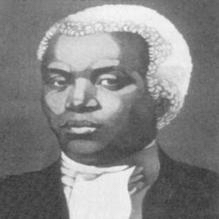
So, Banneker, who was largely self-taught, created the first clock in the United States, which he built out of wood based on his drawings and calculations. PBS wrote, “The clock continued to run until it was destroyed in a fire forty years later.”
Banneker, who was a talented astronomer, also created one of the U.S.’s first almanacs. In his almanac, he successfully predicted eclipses and other astronomical events, listed the tides, and included information on medicines and medical treatments.
3. Lewis Latimer: The Inventor of the Carbon Light Bulb Filament
The Baha’i writings tell us that the “light of the intellect is the highest light that exists.” But we might still be trying to gain knowledge by candlelight if Lewis Latimer hadn’t invented the carbon filament in 1881.
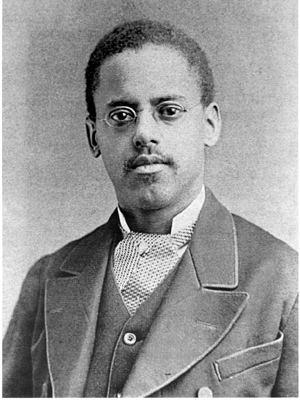
Often when people think of the invention of the light bulb, they think of Thomas Edison. But the light bulb that Edison created had a very short lifespan and died after a few days.
When Latimer, the son of formerly enslaved people, invented the carbon filament, light bulbs became more practical and long-lasting. His success rivaled Edison’s, and he later went to work with Edison at the Edison Electric Light Company in 1884. Latimer was also known for co-inventing an improved bathroom for railroad trains.
4. Alexander Miles: The Inventor of Automatic Elevator Doors
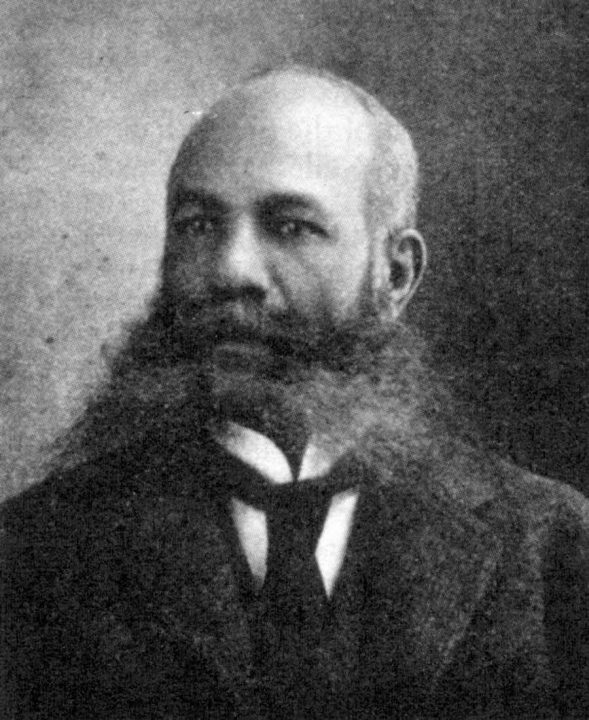
Before Alexander Miles invented the automatic elevator door in 1887, using an elevator was very dangerous. People had to close the shaft and elevator doors themselves manually, and those who forgot to do so often fell down the elevator shafts to their death or received multiple injuries if they survived.
After Miles’s daughter fell down an elevator shaft and almost died, he decided that he would make it his mission to develop a solution. He invented a mechanism that automatically opens and closes elevator shaft doors, turning elevators into what we now use today.
5. George T. Sampson: The Inventor of the Clothes Dryer
Can you imagine having to hang clothes outside on a line to dry them? It was very time-consuming, and people had to hope their clothes wouldn’t be ruined by the weather, animals, or insects.
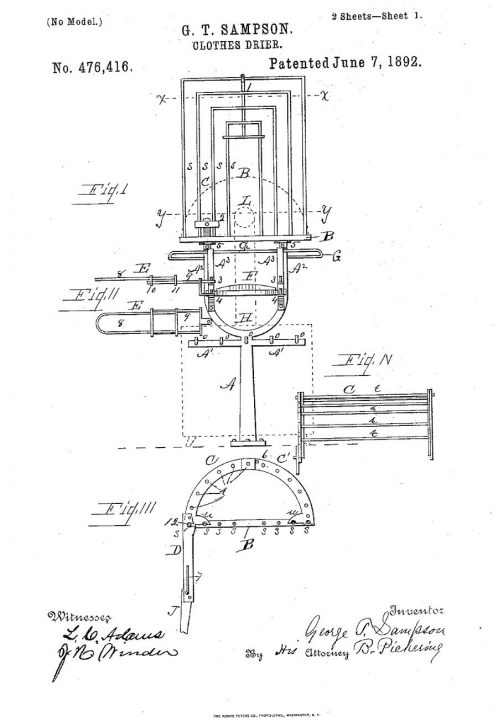
So, every time I do my laundry, I’m grateful that George T. Sampson patented the clothes dryer in 1892 and a sled propeller in 1885.
In his patent, he wrote, “My invention relates to improvements in clothes-driers. The object of my invention is to suspend clothing in close relation to a stove by means of frames so constructed that they can be readily placed in proper position and put aside when not required for use.”
6. Frederick McKinley Jones: The Inventor of Refrigerated Trucks
The Baha’i writings confirm the connection between our physical and spiritual health. Abdu’l-Baha explained:
The more healthful his body, the greater will be the power of the spirit of man; the power of the intellect, the power of the memory, the power of reflection will be greater.
Prior to the invention of refrigerated trucks, keeping food from spoiling — and potentially causing illness — was extremely difficult. Fortunately, Frederick McKinley Jones patented more than 60 inventions in his lifetime, including the cooling system used to refrigerate produce on trucks during extended periods.
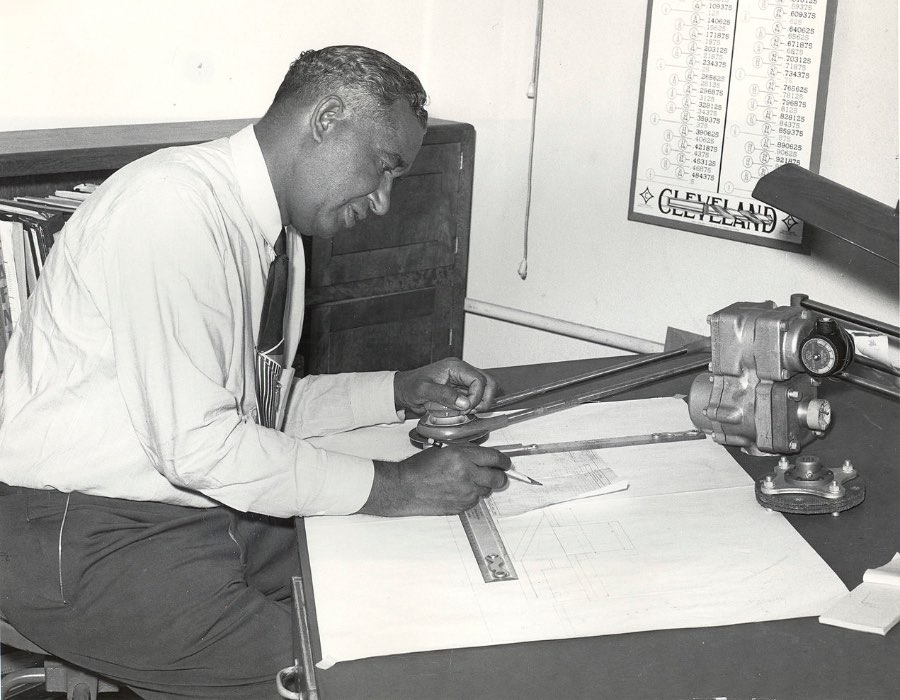
He came up with this idea in the 1930s and received a patent for his invention in 1940. He later co-founded the U.S. Thermo Control Company, later known as Thermo King, which was critical in preserving blood, food, and supplies during World War II.
7. Marie Van Brittan Brown: The Inventor of the Home Security System
The Baha’i writings contain more than two dozen prayers for protection — and along with asking God to keep us safe, many of us also turn on a home security system at night. We’re able to do that thanks to Marie Van Brittan Brown.
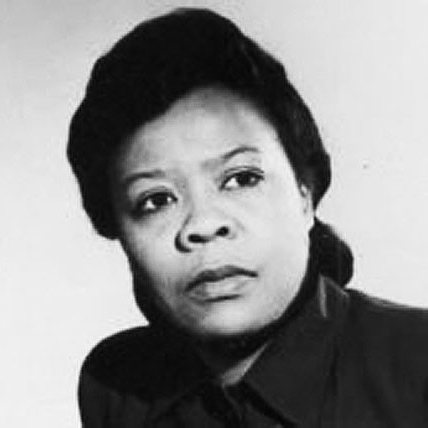
As a nurse, Van Brittan Brown often worked long hours and would come home late at night to an empty home because her husband also worked irregular hours as an electronic technician. Scared after being in the house alone at night, Marie decided to develop a solution that would make her home safer.
In 1966, Van Brittan Brown co-invented the first home security system with her husband, Albert Brown. Their security system consisted of four peepholes, a sliding camera that could capture images of people who were different heights, television monitors, two-way microphones that enabled them to communicate with the person outside, a remote to unlock the door, and an emergency alarm button that contacted the police.
8. Charles Richard Drew: The Inventor of Blood Banks
The Baha’i writings tell us that “an able physician does not treat all ailments in the same manner but varies the treatments and remedies in accordance with the requirements of these various ailments and conditions.” Every two seconds in the United States, an “able physician” determines that someone needs a blood transfusion.
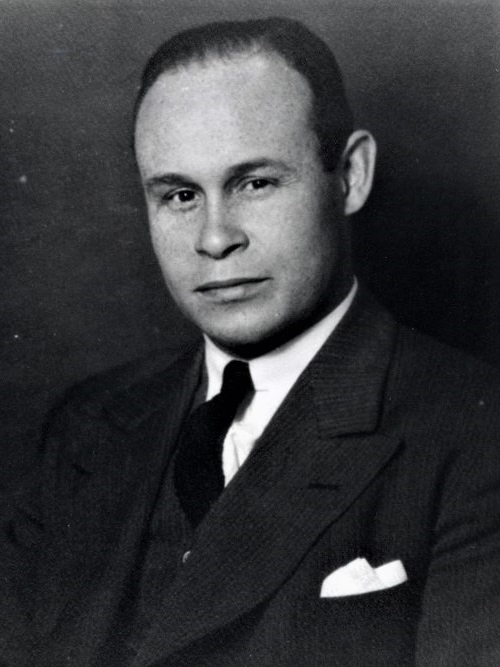
Fortunately, surgeon Charles Richard Drew discovered in 1941 how to do long-term storage of blood plasma, organized the United States’ first large-scale blood bank, and created “bloodmobiles” – refrigerated blood donation trucks.
Born in 1904, Drew’s inventions in preserving blood plasma saved thousands of lives during World War II, and the American Red Cross adopted his process and techniques. Sadly, despite Drew’s remarkable inventions in the blood banking process, the Red Cross excluded African Americans from donating blood, making Drew unable to participate.
9. Dr. Shirley Ann Jackson: The Inventor of the Fiber-Optic Cable
The Universal House of Justice, the democratically elected governing council for the Baha’is of the world, wrote in 2015 that “technological advancement is integral to the emergence of a global civilization.”
Dr. Shirley Ann Jackson, a theoretical physicist and the first African-American woman to receive a doctorate from M.I.T. in 1973, conducted groundbreaking scientific research that laid the foundation for the inventions of the touch-tone telephone, the portable fax machine, call waiting, caller ID, and the fiber-optic cable.
She is currently the 18th president of Rensselaer Polytechnic Institute in Troy, New York. And just think, without fiber-optic cables, you might not have been able to read this article on the internet.
That raises the question: Could humanity go one week without these inventions that African Americans brought to the world? Black people have contributed so much in the fields of science, math, and technology — achievements worthy of being honored and celebrated every day.
Just think, Black people were able to accomplish such greatness despite centuries of genocide, slavery, racism, and oppression. Imagine how much more could be achieved if we lived in a world without racism and where Black people experienced the justice, equity, recognition, and appreciation we all deserve.



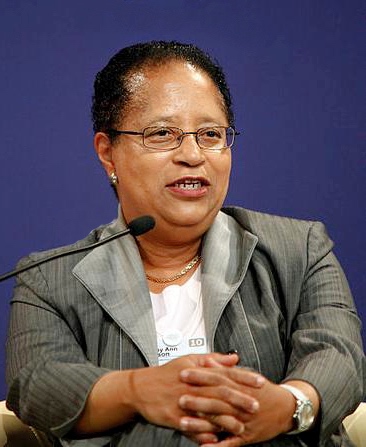













Comments
Sign in or create an account
Continue with Googleor